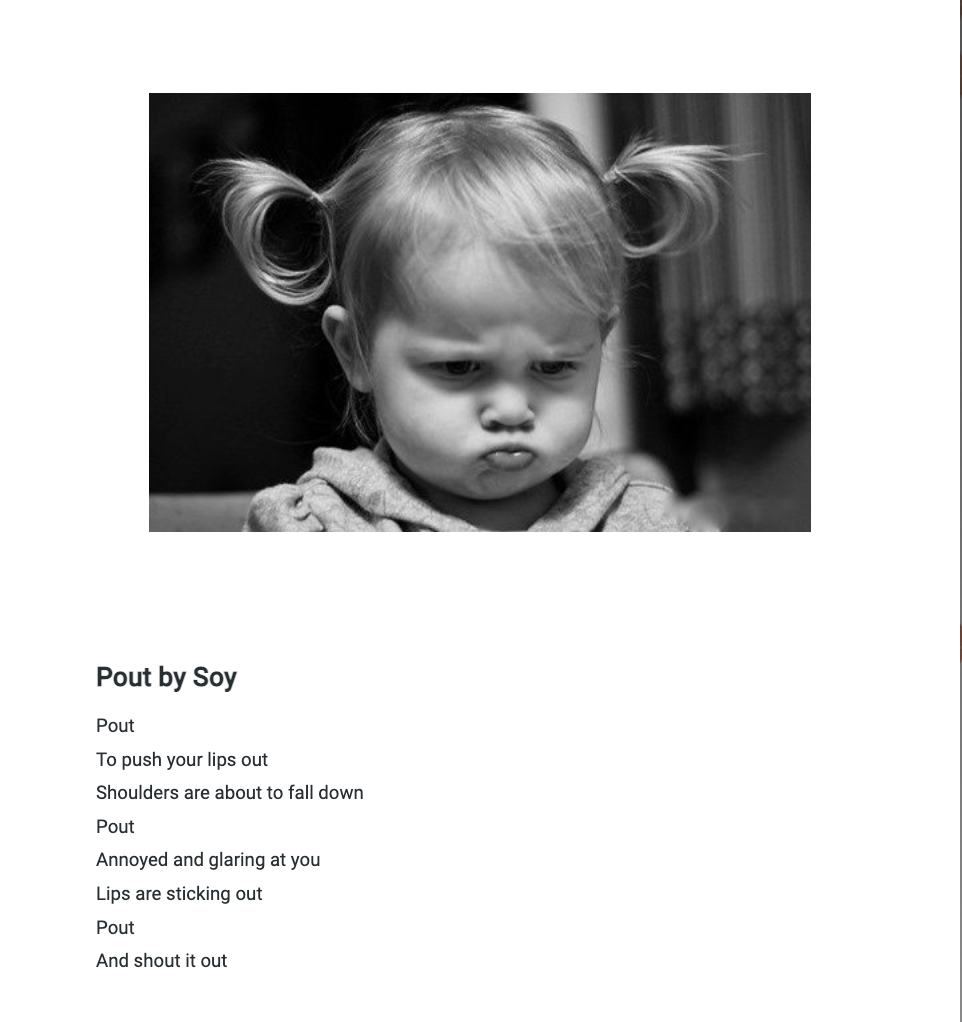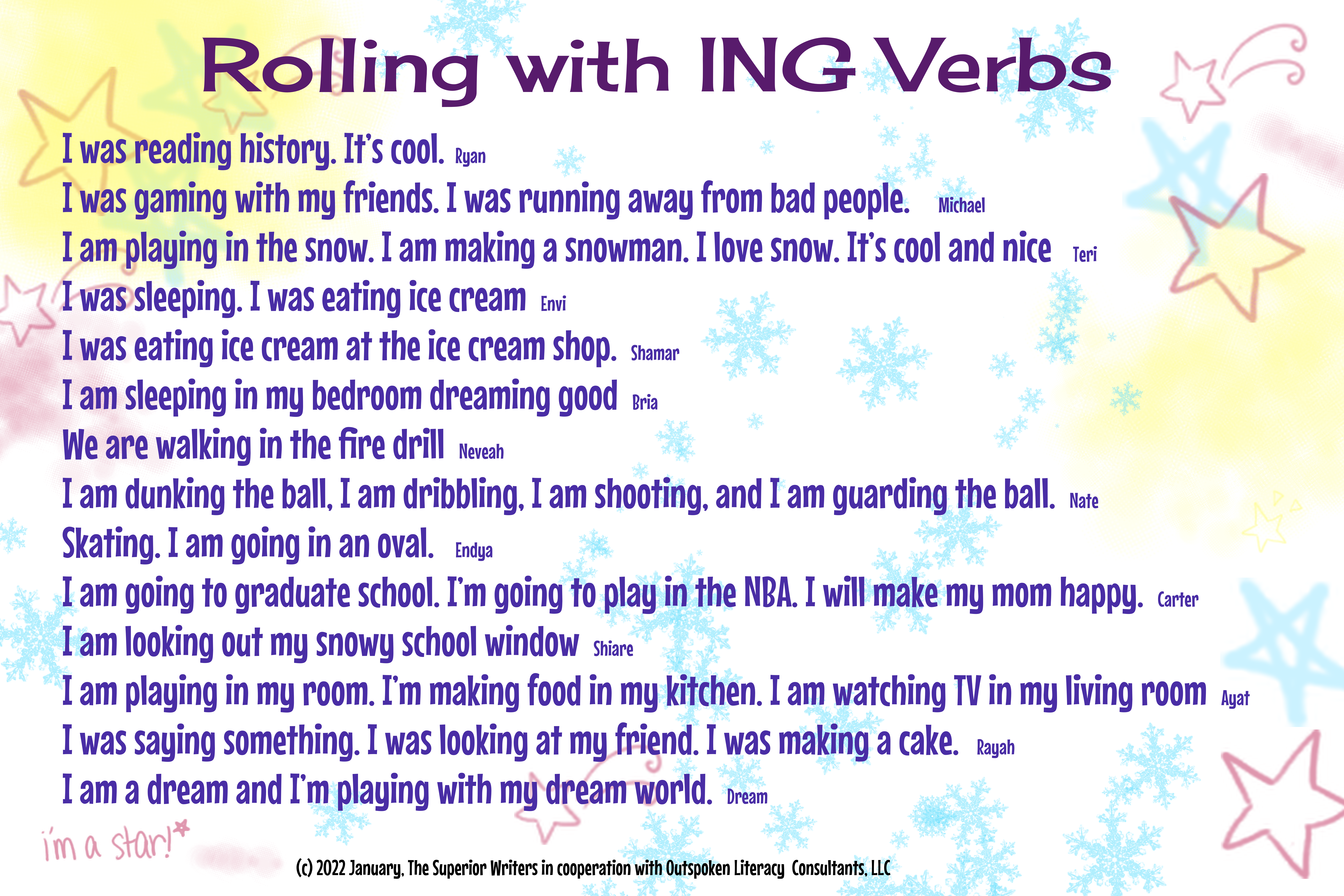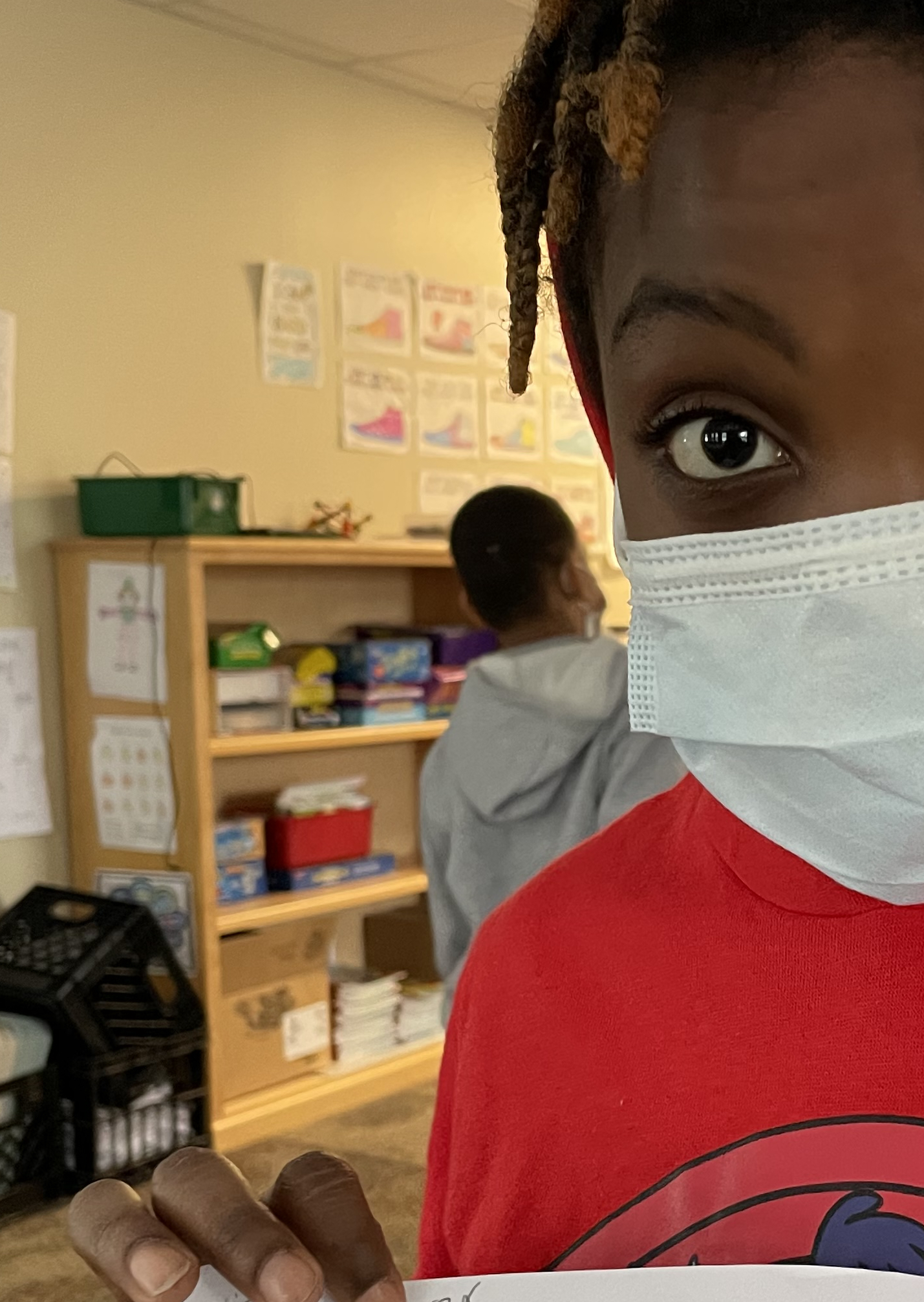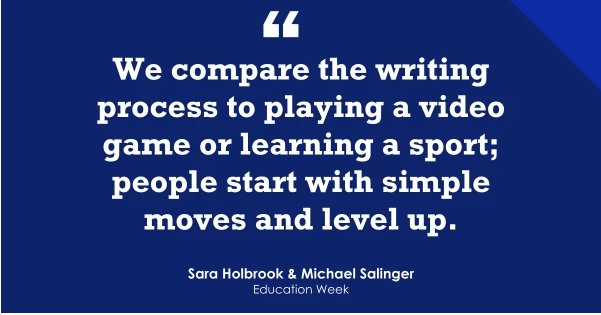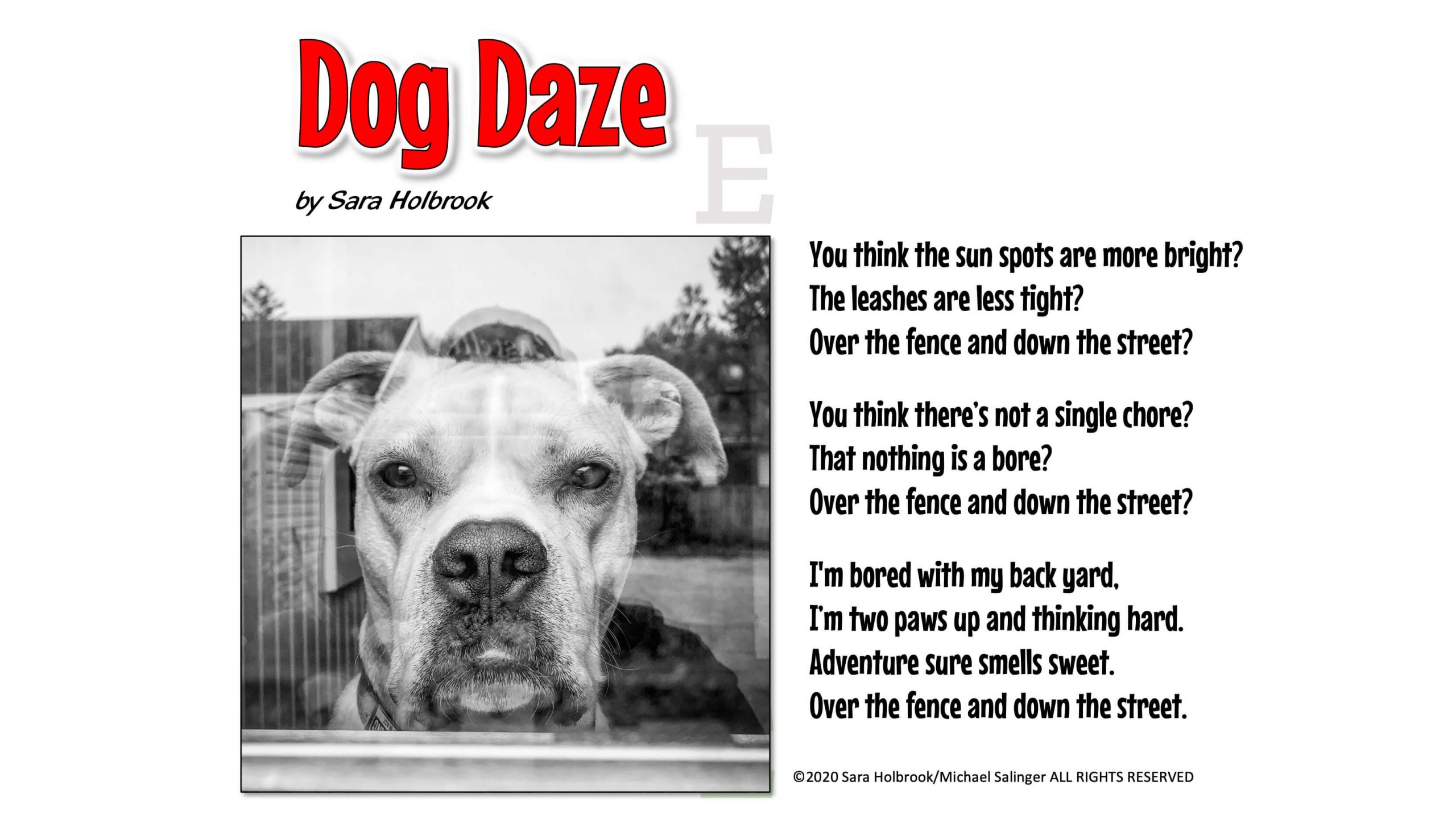“It is not the rigor of the text that benefits the reader, it is the engagement the reader brings to the text.” Kylene Beers (quote taken from an email).
“Don’t forget what Kylene always says.” A phrase that Michael and I sent back and forth to each other, bat to glove, as we wrote and searched our poetry archives for poetic text that would be re-readable and repeatable while being developmentally appropriate for students.
Crowd pleasers: As we wrote and searched our archives for poems to meet the needs of students, we benefitted from having performed assemblies for students for over 20 years. We know the crowd pleasers for various age groups – elementary kids love animals, for instance. Middle school kids don’t hate animals, but they don’t get all twittery over them; they are more into irony, absurdity and feelings. No approved rubric exists for this, nothing we could research and cite. We’ve spent years, trial and error, establishing this research ourselves and we made the choices based on what we know about what engages kids at various age groups.
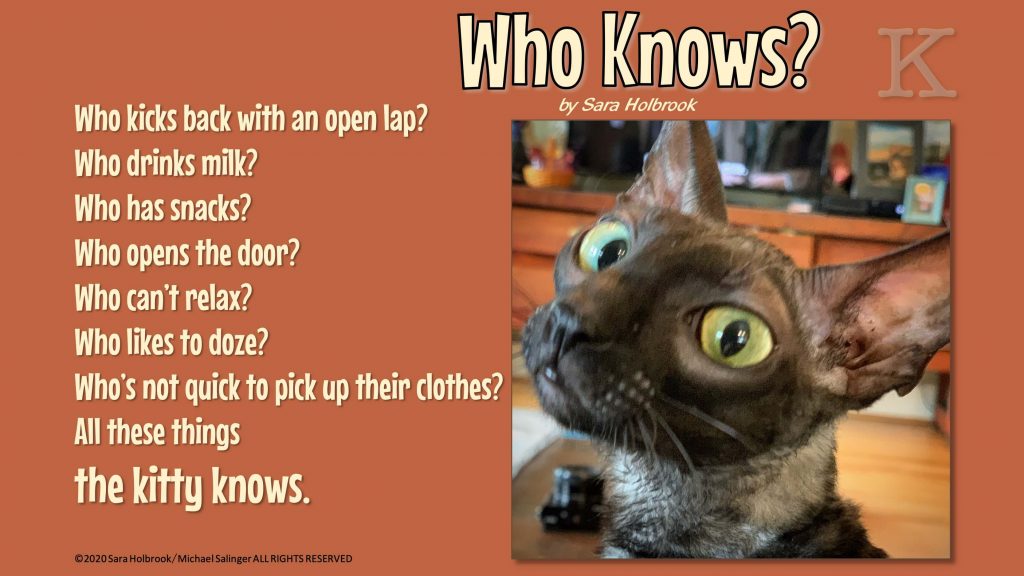
Benefits of short text: The prose mentor text that we wrote for each lesson is indeed short. It is designed to show a literary element or grammar convention in use. No inference, no paired analysis involved. These are straight-forward examples of standards-based elements from adverbs, comma usage and prepositional phrases to rhetorical questions and rising/falling action. Think of them as snapshot models. In this way, as teachers delve into lengthier text, they can use these mini-lessons as a touchstone: “Remember when we did that mini-lesson on adverbs? Notice here how the author uses adverbs to create tone and action in this scene.”
For further confirmation on the benefits of short text in terms of vocabulary development, please consult the short video series we did with Dr. Timothy Rasinski and Melissa Cheesman-Smith.
Making personal connections: By committing ourselves to a consistent lesson process, students will anticipate that when they are introduced to a poetic text, they will be asked to make a personal connection through SEL journaling. This leads to greater engagement as students will read, ask questions and search for nuanced meaning in the poetic text because they know they will be writing a personal reflection.
Throughout each lesson in RWS, we strove to include precise and concise poetic text that won’t cause cognitive overload and is at the same time developmentally appropriate. Engaging text is the answer to empowering students to find their voices in both writing and speaking.

